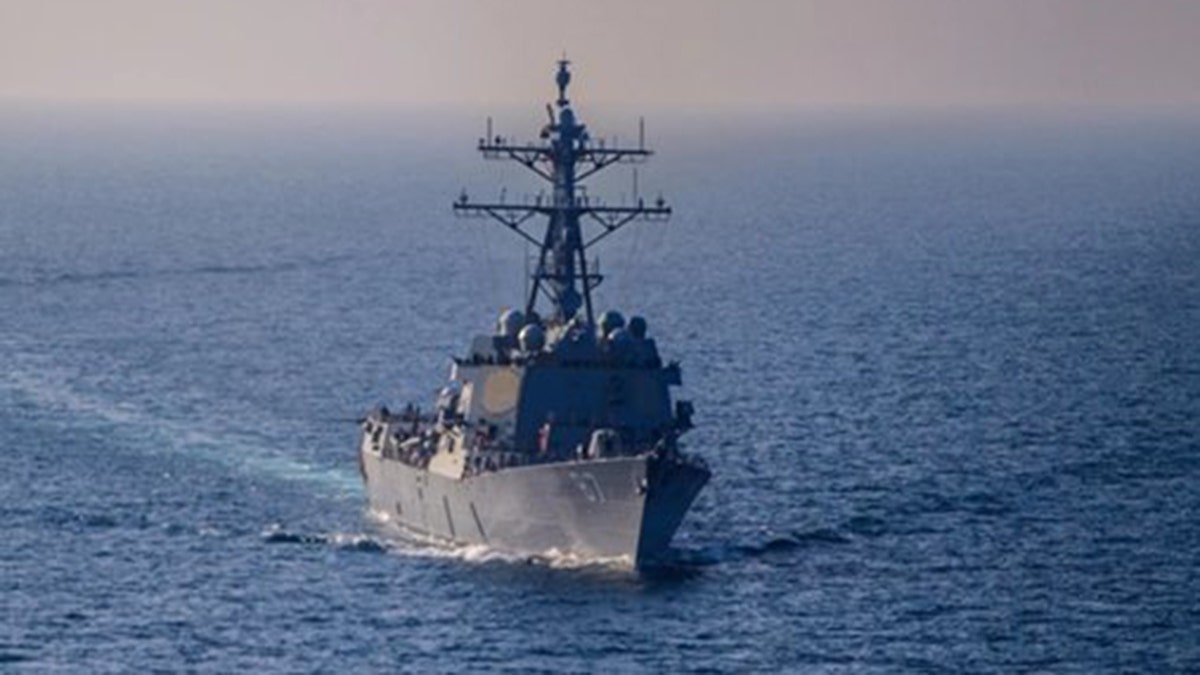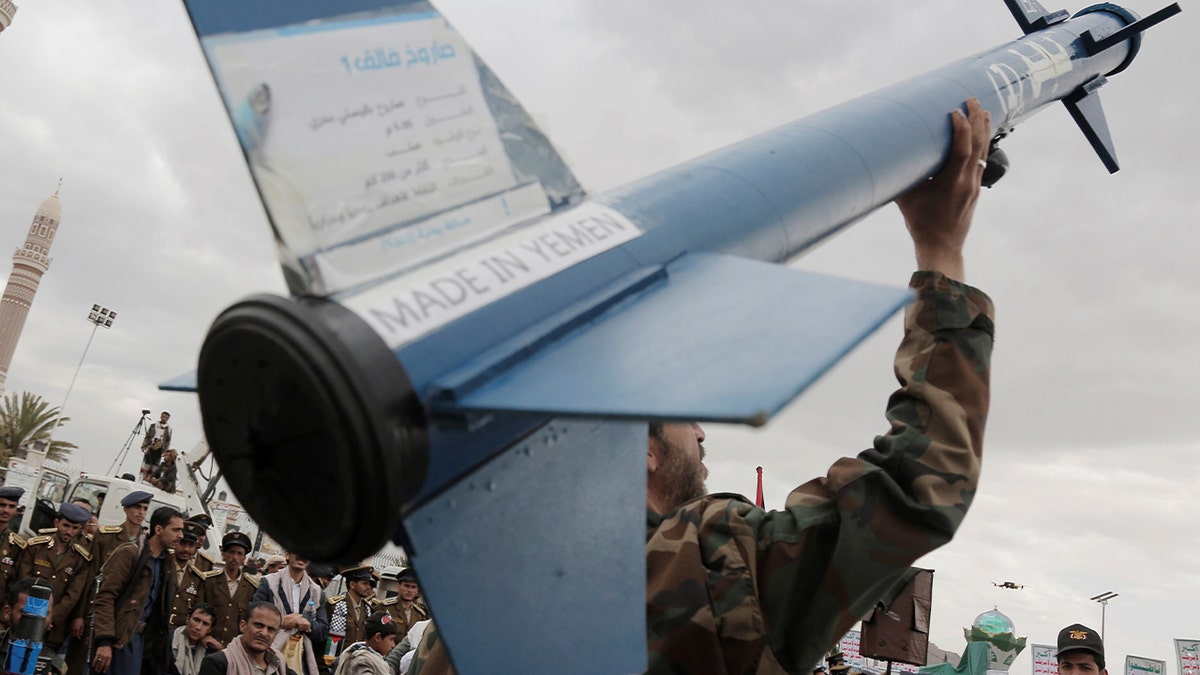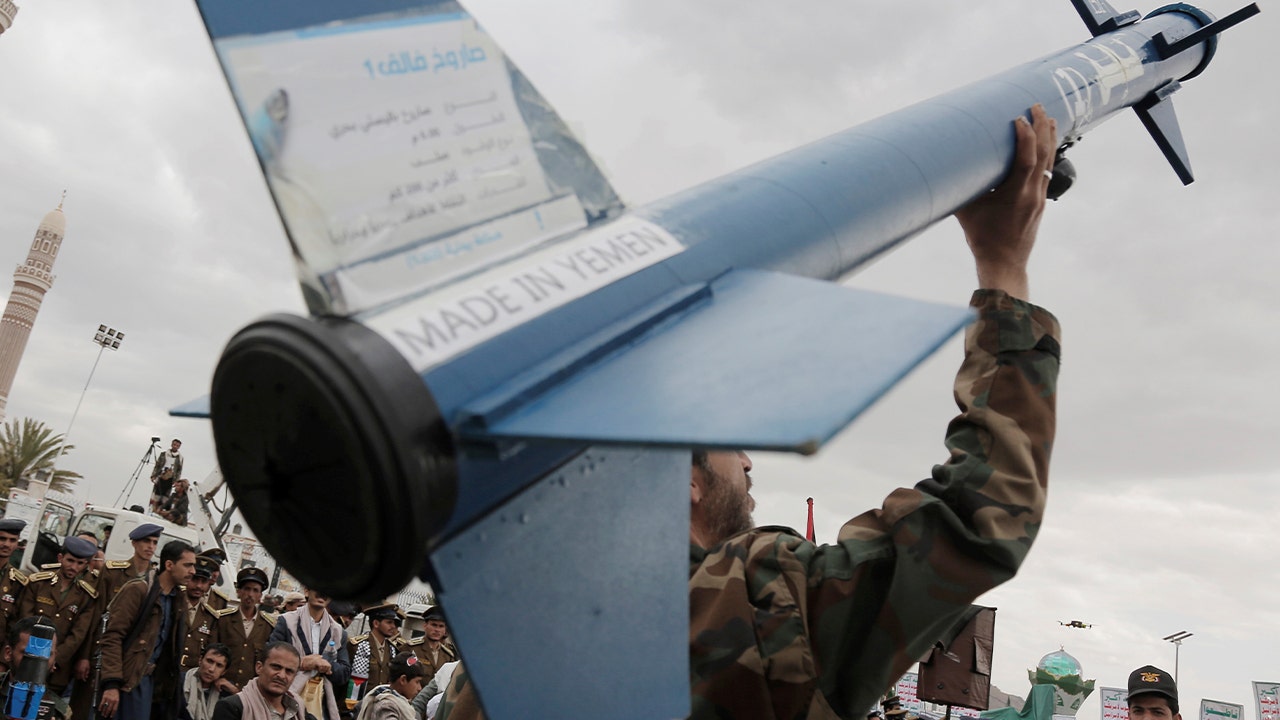
The US and its allies are targeting rebels in Yemen as part of an ongoing airstrike campaign against Iran-backed Houthi rebels. The attacks have been ongoing for over a month, but the Houthis continue to launch attacks despite the strikes. On Saturday, February 26th, 2024, Houthis launched an anti-ballistic missile toward an oil tanker ship that carries oil and chemicals in the Gulf of Aden. The M/V Torm Thor was flagged and owned by a US company at the time of the incident. On Monday, February 28th, 2024, Iranian-backed Houthi terrorists also fired two anti-ship ballistic missiles at a Greek flagged ship headed to Yemen to deliver grain. The Rubymar ship is currently anchored but taking on water.



